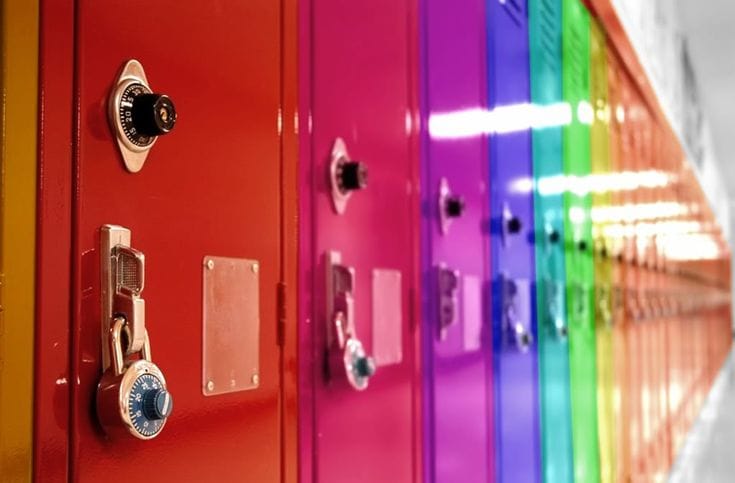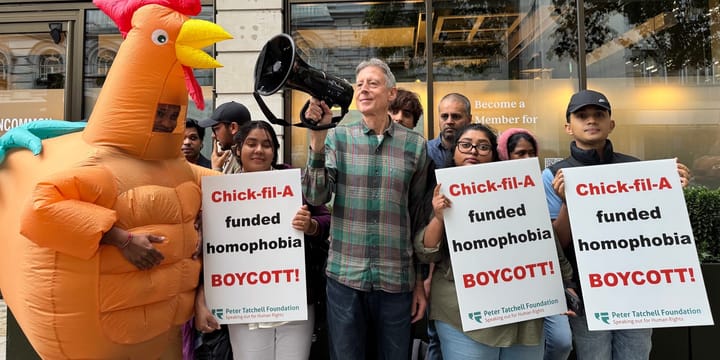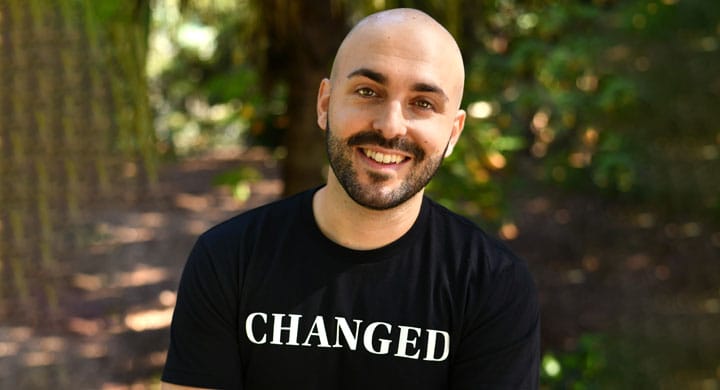Government’s new Relationships, Sex and Health Education Guidance: A mixed bag for LGBTQ+ inclusion

The UK Government has released its update to the Relationships, Sex and Health Education (RSHE) guidance, with a stated aim of modernising how schools approach sensitive topics. While the Department for Education claims the new framework is designed to support all pupils, LGBTQ+ advocates have expressed cautious optimism mixed with concern over how inclusivity will be handled in practice.
Education Secretary Bridget Phillipson introduced the revised guidance in Parliament, describing it as a “balanced and evidence-based” approach to preparing young people for life in a complex world. The guidance, which will become statutory from September 2026, includes new content on consent, respectful relationships, and mental health - all of which are vital for LGBTQ+ youth, who often face disproportionate challenges in these areas.
One of the most closely watched aspects of the update is how it addresses LGBTQ+ inclusion. The guidance reaffirms that schools must teach about different types of relationships, including same-sex relationships, and that this should be done in a way that is age-appropriate and respectful.
However, the document also introduces more cautious language around topics related to gender identity, reflecting recent legal interpretations of the Equality Act. This has raised concerns among LGBTQ+ organisations that the guidance may embolden schools to sideline or dilute discussions around trans identities under the guise of “age appropriateness.”
A spokesperson for LGBTQ+ rights charity Stonewall said: “Every young person deserves to receive an education that reflects the modern world we live in and gives them knowledge and skills they need to live their lives now and to prepare them for the future.
“Ensuring young people see the diversity of themselves, their families and the wider community positively reflected in a curriculum that encourages equality and respect for others will help them develop and thrive.”
The Department for Education says the guidance was shaped by "extensive consultation" with educators, parents, young people, and subject experts. LGBTQ+ advocacy groups have called for continued dialogue to ensure that the implementation of the guidance does not roll back hard-won progress on inclusion and representation in schools.
Support independent LGBTQ+ journalism
Scene was founded in Brighton in 1993, at a time when news stories about Pride protests were considered radical. Since then, Scene has remained proudly independent, building a platform for queer voices. Every subscription helps us to report on the stories that matter to LGBTQ+ people across the UK and beyond.
Your support funds our journalists and contributes to Pride Community Foundation’s grant-making and policy work.
Subscribe today




Comments ()